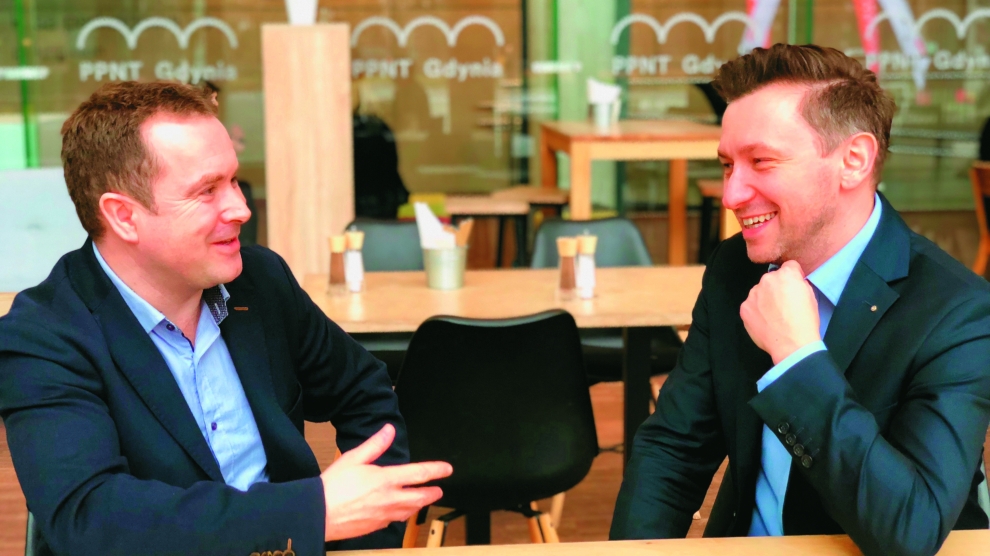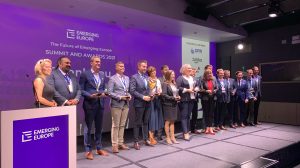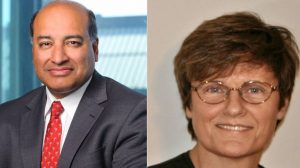Craig Turp (CT): Why do we need the Emerging Europe Awards in the first place?
Andrew Wrobel (AW): Well, I would start by defining the word ‘emerging’, which is very often linked to economic development and fast-growing markets. Our understanding is far broader and refers to other aspects such as heritage, history, society and the region’s image.
When we look at where the majority of countries are now, less than three decades since the fall of the Iron Curtain, we see enormous potential going forward. At the same time, awareness about the region is low. That is why we believe they need to emerge into the public consciousness.
Emerging Europe’s mission is to contribute to the social, economic and democratic growth of our 23 countries. What we want to achieve with the awards is to recognise excellence and best practices and encourage organisations to reach out for more.
CT: So how about the categories?
AW: There are twelve categories divided into three groups: image building, social and economic growth. We also have two special categories for individuals who have contributed to the region’s growth; one originating from the region and one from outside the region.
We strongly believe in the region and we know it deserves more attention.
CT: Is this also why you are bringing journalists from across CEE to London for the event?
Richard Stephens (RS): This is certainly one of the major reasons. The awards are, ultimately, about rewarding excellence and highlighting best practice across the region. We want to show the best of CEE and we want to help raise standards, and inviting leading journalists from major titles is an effective way of doing this. We also want to generate discussion about where the CEE region is heading, and well-informed journalists are great for discussions of this type — and then spreading the word afterwards. It’s also great for our contacts across the region.
CT: One category stands out — the investment promotion agency of the year. Why did you decide to include it?
AW: We hear governments across the region inviting foreign investors and assuring them that they can count on their assistance. We decided to check that. We have developed a methodology based on the World Bank’s best practices and we have looked at three major aspects: communications, as the website is the first point of contact with potential foreign investors; then enquiry handling, and finally, investors’ feedback.
There will be one winner in the category but we are going to announce the Top 10 investment promotion agencies. We are also going to release a white paper, highlighting best practices in the region.
CT: So organisations from across the region can apply in nine different categories?
RS: Correct. The application process, which is free of charge, has already started and will last for several weeks, for everyone to take as much time as they need to apply. We will announce nominees in April and the Awards ceremony will take place on June 22 at the European Bank for Reconstruction and Development’s headquarters in London. There is a larger programme planned before the ceremony. Also, on the evening before, June 21, we are organising a reception at the Houses of Parliament, with a special guest, Greg Hands, UK Minister for Trade and Investment and Minister for London.
We have a large and varied jury from a range of countries and professions; our jurors are the most senior people in their companies and are experts in the category in question. Because of this, it would be difficult to get everyone to meet in one place. But we find it rather positive, because voting by yourself encourages independence. When people get in a room together, they can influence each other. This isn’t necessarily wrong, but we want everyone to make up their own mind






[…] here to read the entire […]